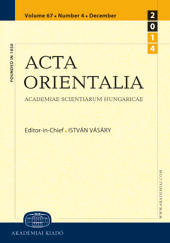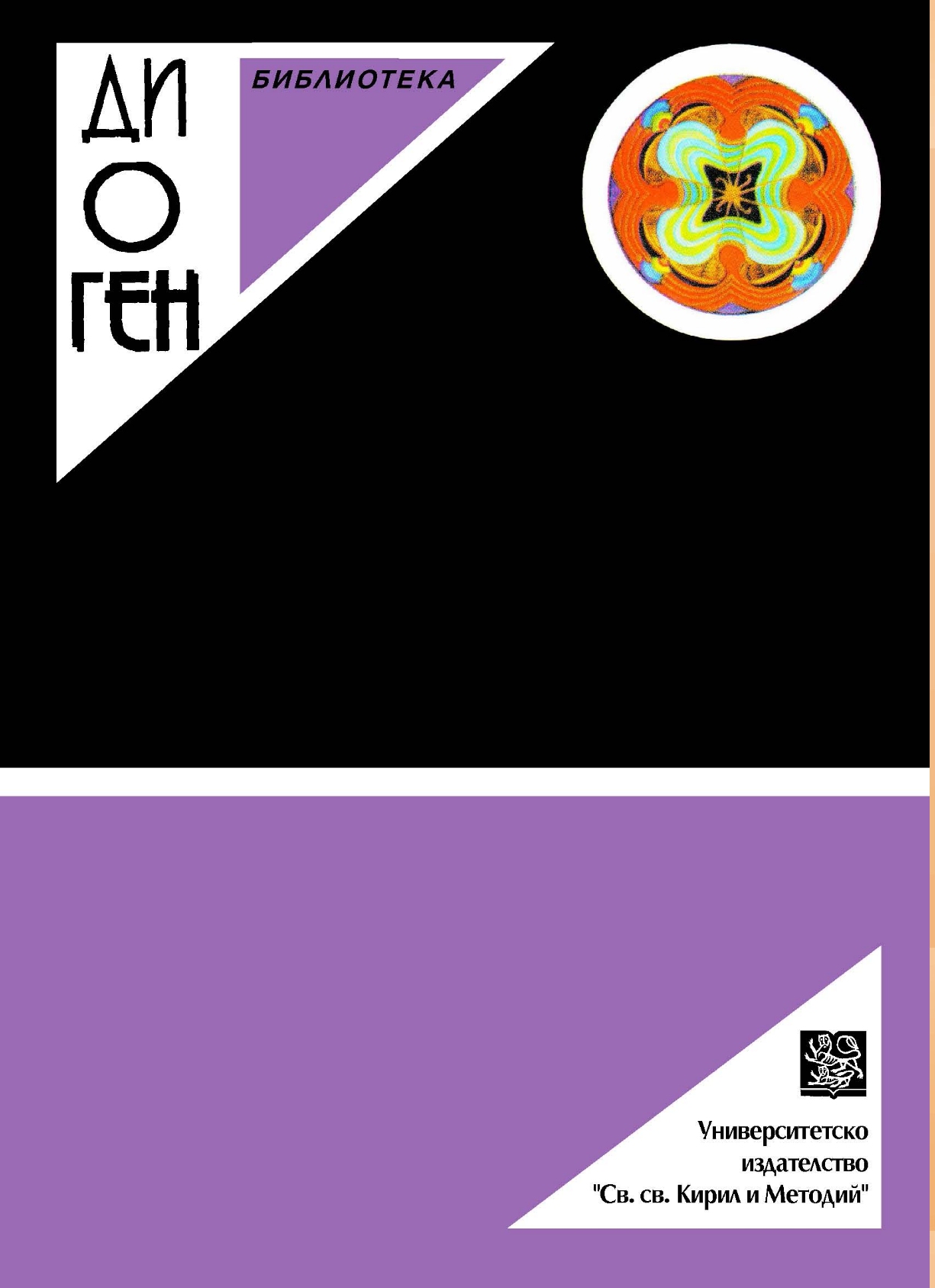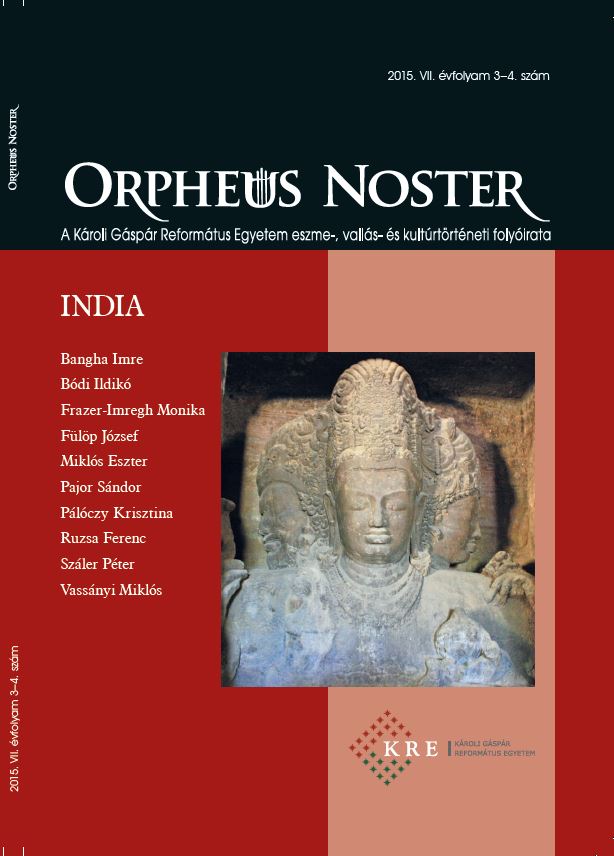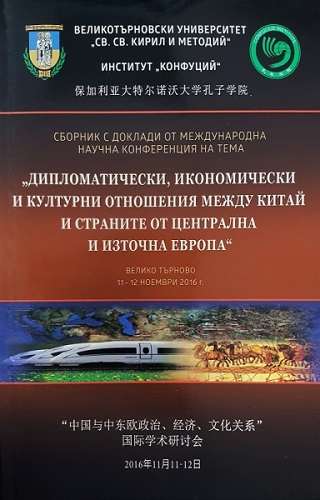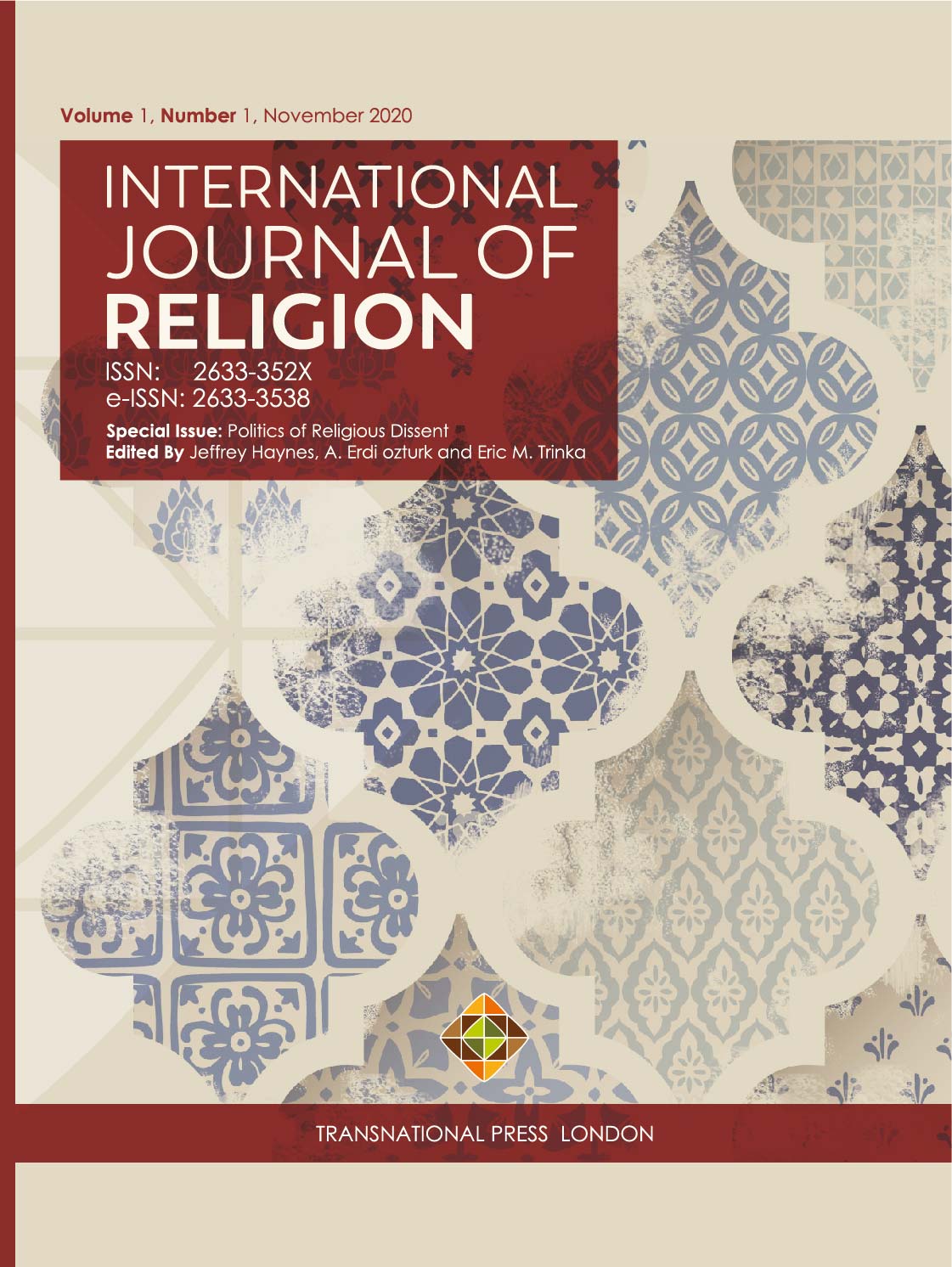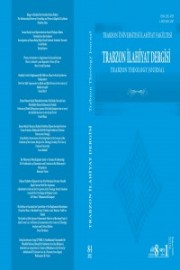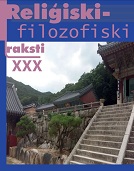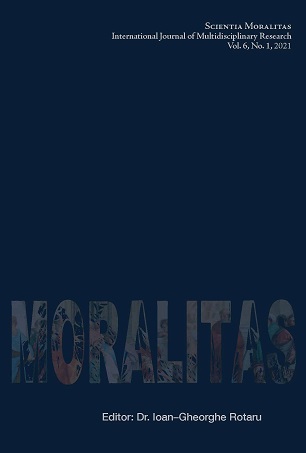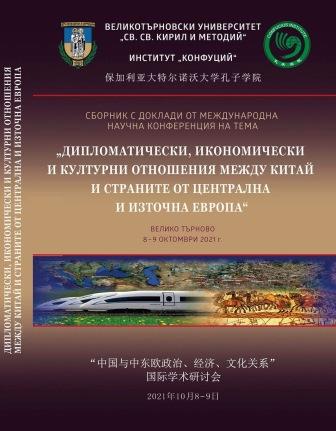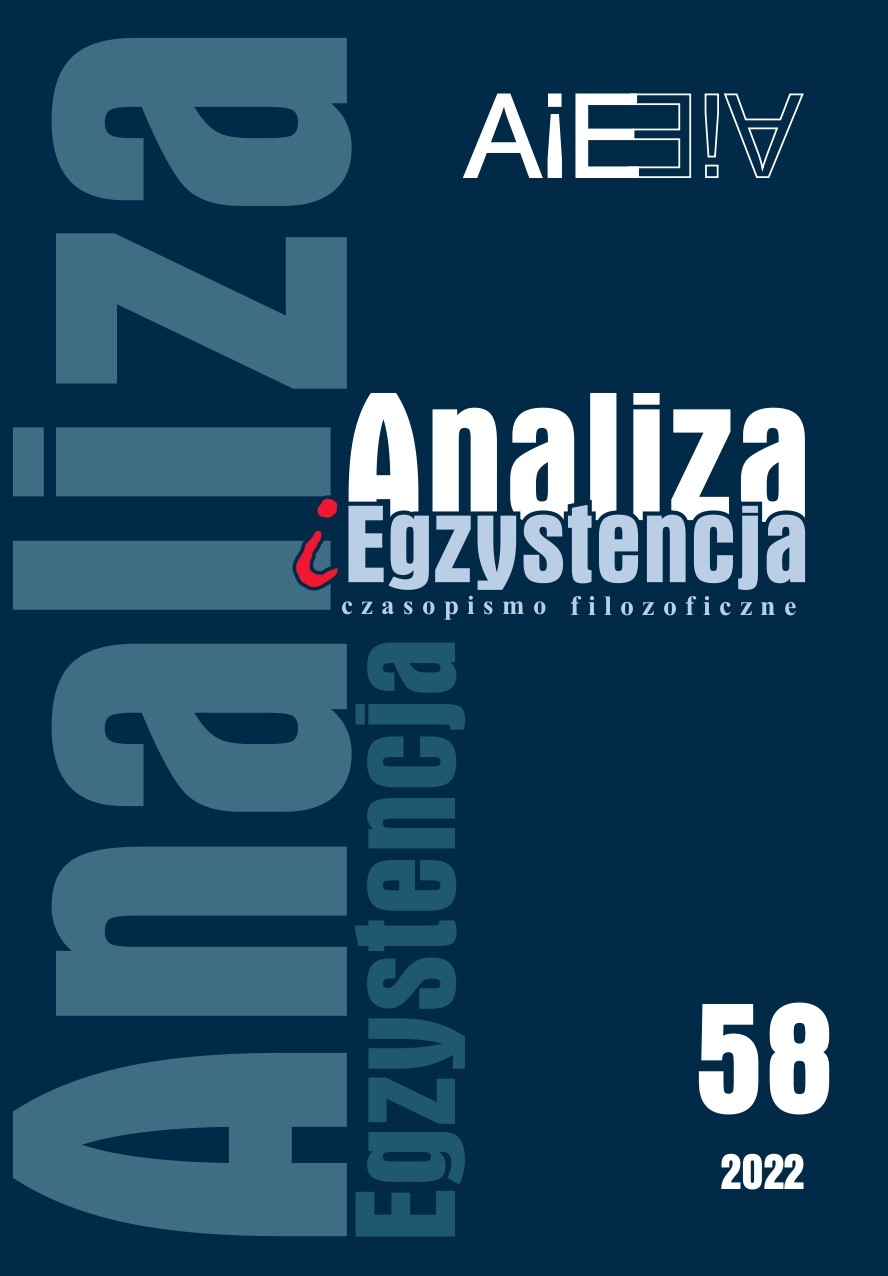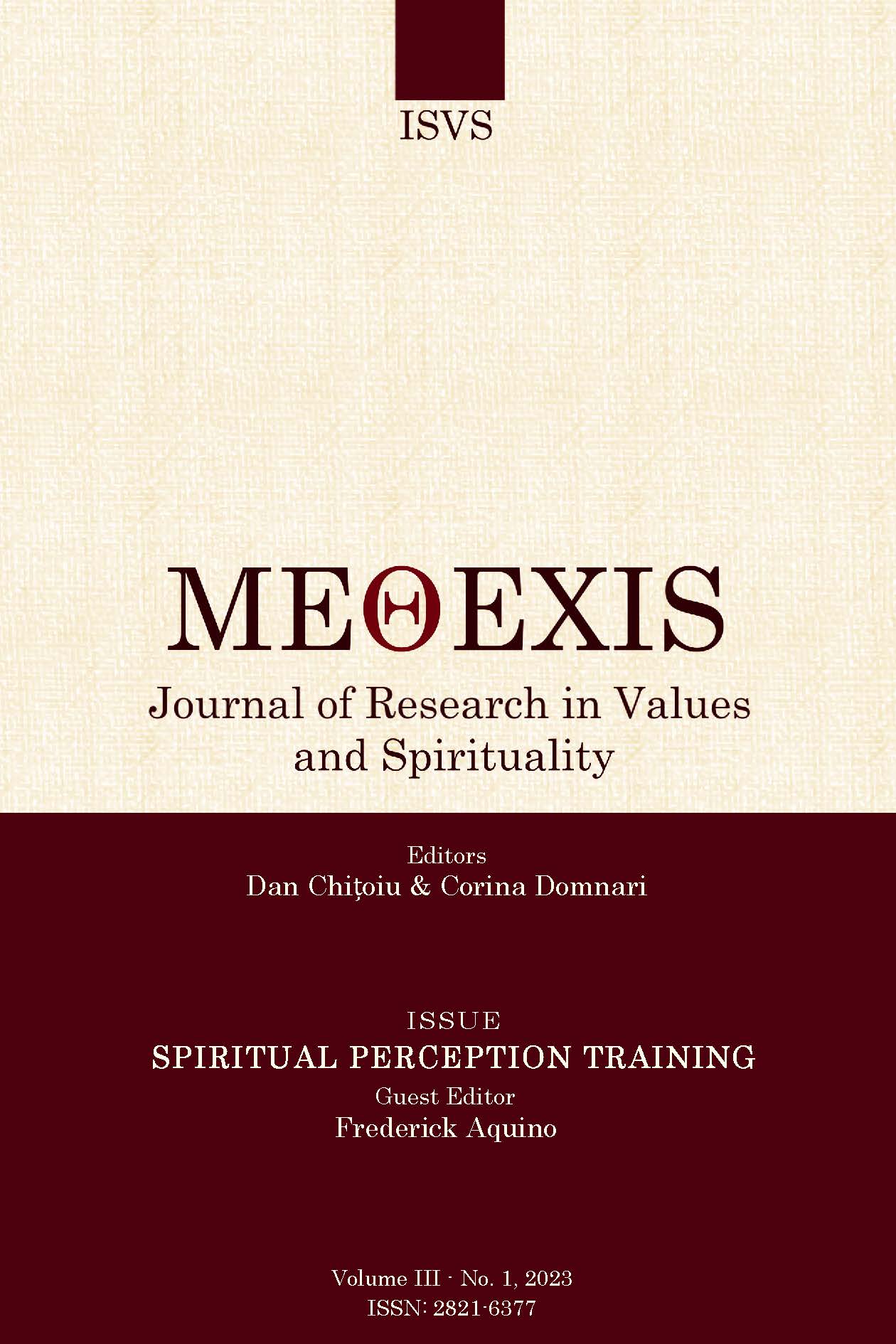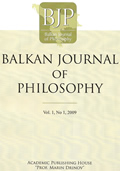
Process Ontology in an Eastern Perspective, with Special Reference to Zhuangzi
The transience of being in the Chinese context—and specifically within Daoist texts—has been the subject of scholarly attention both as a philosophical theme and as a social phenomenon. Dao is the mystery that makes nature “the way it is.” It can mean process, pattern, or existence. Eastern thinkers tend to find truth in every perspective, pursuing the middle way, and they stress mutual dependence—Zhuangzi’s “equality of things,” the “axis of Dao,” etc. The Chinese sages tend to harbor an optimistic outlook that, however opposed divergent views may appear, in the end they are bound to harmonize and complement one another. Humans can unite themselves with the way they live. There are three threads at work in Zhuangzi’s thought: (1) The principle of equality: all things are equal or have relative parity. Each has its own merit, even that which seems deformed or useless to humans. (2) The principle of difference: each thing is unique and exists in itself in accordance with the Dao. (3) The principle of transformation. The only constant is that myriad beings are always transforming and becoming.
More...
